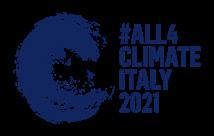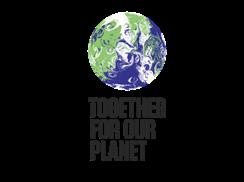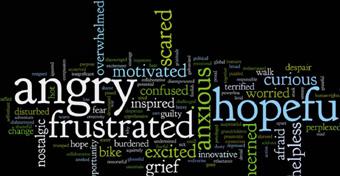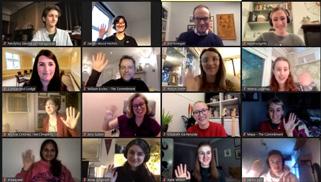
1 minute read
8. Conclusion to Part I
8
Conclusion to Part I
Future scenarios have played an important role in the development of climate science and the negotiation of climate policy. From The Limits to Growth to IPCC reports, models allow us to analyse trends in emissions, climate, and natural and social impacts.97 Climate scenarios also influence how we think about the future – offering visions of both new green paradigms, on the one hand, and the collapse of civilisation on the other. They can help to crystallise our hopes and fears, and motivate political action.98 Perhaps climate change is best understood as a ‘wicked problem’ – a complex socio-technical issue, with no simple or clear solution.99 This means our response must be multifaceted and cut across government policy, corporate responsibility, individual choices and social transformations. Former US President Barack Obama captured our small window of opportunity to address the climate crisis in a speech before the UN, in 2014: ‘We are the first generation to feel the impact of climate change and the last generation that can do something about it’.100
‘We are the first generation to feel the impact of climate change and the last generation that can do something about it’.
2.
Youth priorities for action






